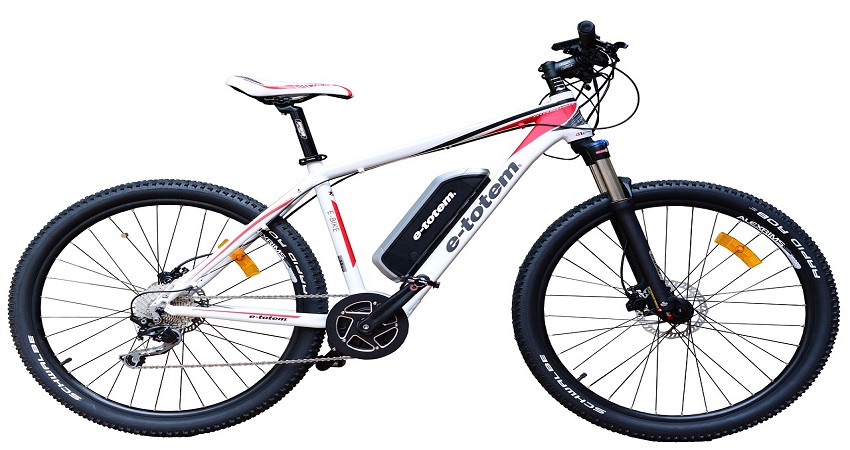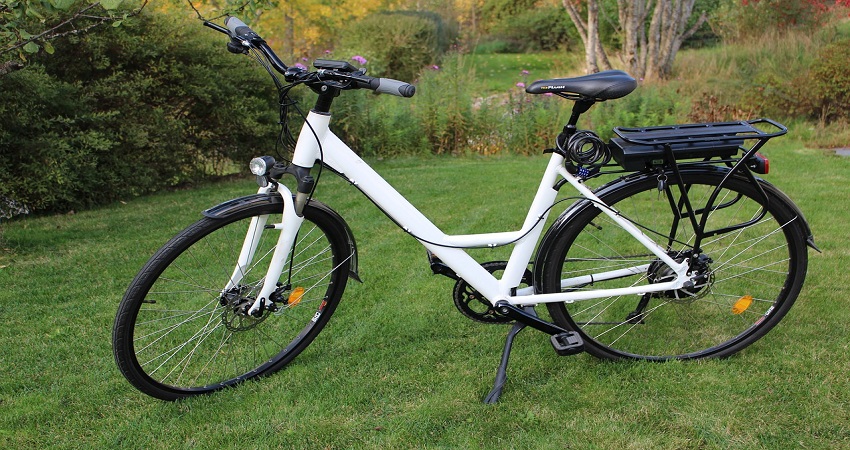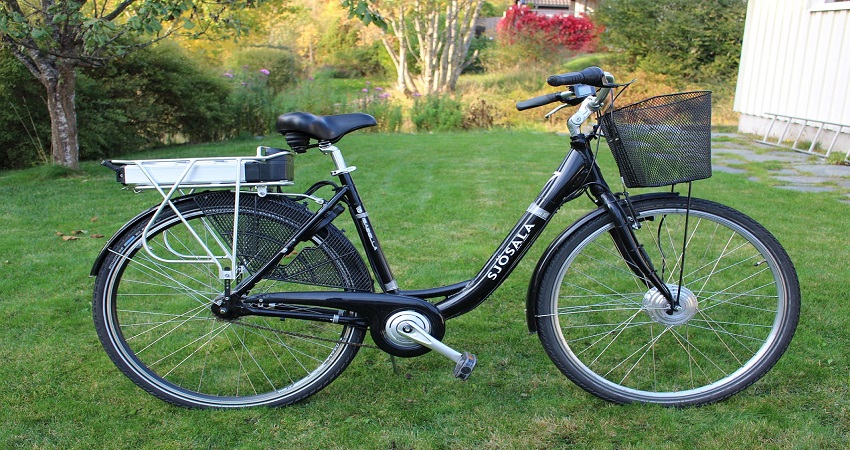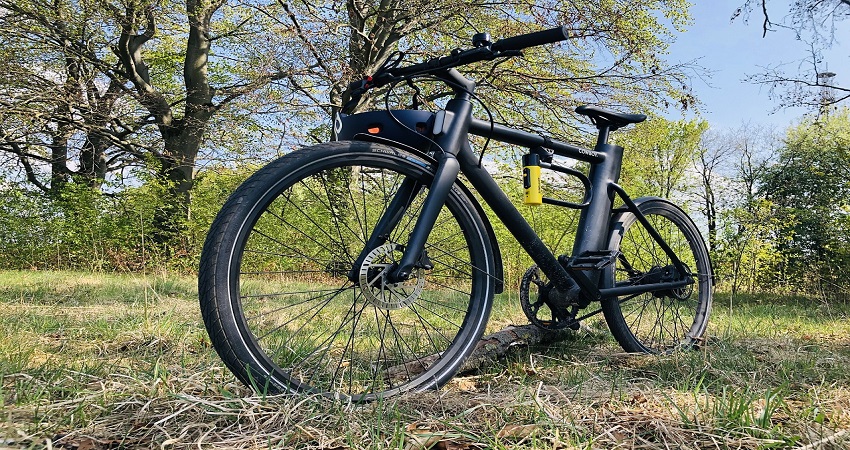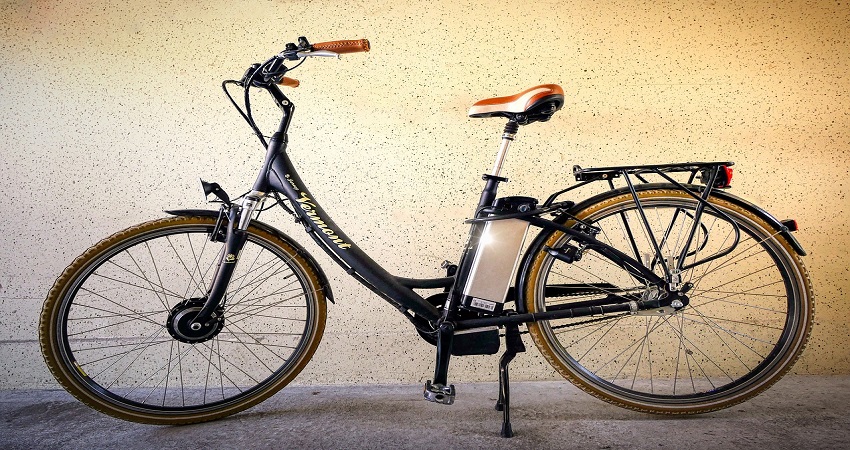Yes, an electric bike is considered a motor vehicle in many states, including Texas. In recent years, the proliferation of electric bikes has led to debates and discussions about their status as motor vehicles.
While e-bikes are allowed on roads and bike lanes, there are specific regulations and laws that they must adhere to. Understanding the classification and legal considerations of electric bikes is essential, especially for individuals residing in states with strict regulations such as Texas.
This article provides insights into the classification of electric bikes as motor vehicles, the specific laws and regulations governing their use, and how these regulations impact e-bike riders in different states. Understanding these regulations will ensure that riders can enjoy their e-bikes while complying with state laws.
Legislation And Classification
State Regulations On E-bikes
In the majority of US states, e-bikes are defined as traditional bicycles and not as motorcycles and mopeds. This classification allows individuals to ride e-bikes without obtaining a license, providing a level of accessibility and convenience to a wider population.
Variations In E-bike Classifications
E-bikes are subject to varying classifications in different states, as well as countries, impacting regulations related to their usage and road access. For example, in California, e-bikes are considered exempt from various laws and requirements applicable to motorcycles and automobiles under the California Vehicle Code.
E-bikes Under Federal Law
Under federal law in the United States, e-bikes are generally regulated as bicycles, not as motor vehicles, promoting their use as a sustainable and eco-friendly transportation option. However, it’s important to note that specific regulations and definitions may vary by state.
Distinct Features
Electric bikes are often considered motorized bicycles and may not be classified as motor vehicles in some jurisdictions. While laws may vary by location, e-bikes are generally subject to the same rules and regulations as traditional bicycles rather than motorized vehicles.
Motorized Elements Of Electric Bikes
One of the key factors that differentiate an electric bike from a regular bicycle is the presence of motorized elements. Electric bikes are equipped with an electric motor that provides power assistance to the rider, allowing them to travel at higher speeds and tackle steeper inclines with ease.
The motor is typically powered by a rechargeable battery, making electric bikes an eco-friendly mode of transportation. These motorized elements set electric bikes apart from traditional bicycles, blurring the line between a pedal-powered vehicle and a motorized one.
Bicycles Vs. E-bikes
It is important to understand the distinction between bicycles and electric bikes to determine whether an electric bike qualifies as a motor vehicle.
Bicycles, also known as pedal-powered cycles, rely solely on human energy for propulsion. They do not have any motorized components and are not subject to the same regulations as motor vehicles.
On the other hand, electric bikes incorporate a motor that assists the rider, which raises the question of whether they should be considered motor vehicles.
While electric bikes do have motorized elements, they do not fit the traditional definition of a motor vehicle. Unlike motorcycles or cars, electric bikes are designed for human propulsion and are equipped with a motor primarily to augment the rider’s efforts. This means that electric bikes are generally classified as bicycles rather than motor vehicles.
E-bikes are commonly subject to regulations and laws that apply to bicycles rather than motor vehicles. This distinction allows e-bike riders to enjoy the benefits of motorized assistance while still adhering to bicycle-specific rules and requirements.
It also ensures that e-bikes can be used in areas where motorized vehicles may not be allowed, such as bike paths or certain trails.
| Bicycles | E-Bikes |
|---|---|
| Human-powered | Motor-assisted |
| No motorized components | Motor and rechargeable battery |
| Subject to bicycle-specific regulations | Subject to bicycle-specific regulations |
So, while electric bikes may have motorized elements, their overall design and intended use align more closely with bicycles than motor vehicles.
This distinction allows for greater flexibility in usage, safety, and regulatory compliance, making electric bikes a convenient and efficient mode of transportation for both leisurely rides and daily commutes.
Debate Continues
The ongoing debate questions whether an electric bike should be classified as a motor vehicle due to its unique features and capabilities. In some states, they are considered bicycles, exempt from typical motor vehicle laws, while in others, they are categorized differently, prompting discussions on their legal status.
Challenges In Defining Motor Vehicles
Defining what qualifies as a motor vehicle can be a complex task. There are various challenges surrounding the classification of electric bikes, especially with their rising popularity. The primary challenge lies in determining whether an electric bike should be considered a motor vehicle or a regular bicycle.
One of the key factors that authorities consider when classifying an electric bike as a motor vehicle is its speed capability. Different jurisdictions have specific speed limits, and if an electric bike exceeds those limits, it may be classified as a motor vehicle. However, this criterion can vary from one place to another, leading to further confusion and debates.
Contrasting Opinions On E-bikes
The topic of whether electric bikes count as motor vehicles is highly debated among enthusiasts, lawmakers, and the general public. Let’s take a closer look at the contrasting opinions on this matter.
Some argue that electric bikes should be considered as motor vehicles due to their ability to reach higher speeds compared to traditional bicycles. They believe that since electric bikes possess an electric motor, they ought to be subject to the same regulations and restrictions as other motorized vehicles. These individuals argue that treating electric bikes as motor vehicles will ensure safer roads and promote responsible riding practices.
On the other hand, there are those who oppose labeling electric bikes as motor vehicles. They point out that electric bikes, even with their motor-assisted capabilities, are fundamentally similar to regular bicycles. These individuals contend that electric bikes offer a more environmentally friendly mode of transportation, providing riders with an alternative to conventional vehicles. They promote policies that encourage the use of electric bikes and treat them as bicycles, exempting them from the same regulations imposed on motor vehicles.
Ultimately, the debate around whether electric bikes should be classified as motor vehicles continues to persist. Until consensus is reached, jurisdictions will continue to grapple with the challenges of defining electric bikes within existing legal frameworks.
Legal Implications
When it comes to electric bikes, one of the questions that often arises is whether they should be considered motor vehicles in the eyes of the law. Understanding the legal implications of electric bikes is essential for both riders and policymakers. In this section, we will explore how electric bikes are treated in traffic laws and the exceptions that exist to them being classified as motor vehicles.
How E-bikes Are Treated In Traffic Laws
When it comes to traffic laws, the treatment of electric bikes varies from one jurisdiction to another. In some states, electric bikes are classified as motor vehicles, while in others, they are treated more like traditional bicycles. For example, in California, electric bikes are not considered motor vehicles under the California Vehicle Code. This means that they are exempt from various laws and requirements that apply to motorcycles and automobiles. Riders can operate their electric bikes like conventional bicycles within the guidelines of state and local traffic regulations.
Texas, on the other hand, takes a different approach. According to traffic experts, electric bicycles are considered vehicles in Texas, subject to the same rules and regulations as other types of vehicles. This means that riders must adhere to traffic laws, including speed limits, traffic signals, and right-of-way rules. It’s crucial for electric bike riders in Texas to familiarize themselves with these regulations to ensure their safety and compliance with the law.
Exceptions To E-bikes Being Motor Vehicles
Despite the general classification of electric bikes as motor vehicles, there are exceptions and variations in different jurisdictions. For instance, in many US states, electric bikes are defined as traditional bicycles and not motorcycles or mopeds. This classification allows riders to enjoy the benefits of electric assistance without the need for a driver’s license. It’s important to note that specific requirements and restrictions may still apply, such as maximum speed limits and power output.
The classification of electric bikes as bicycles rather than motor vehicles also means that riders can access paths and trails that are designated exclusively for non-motorized vehicles. This opens up opportunities for cyclists to explore scenic routes and enjoy outdoor activities while adhering to local regulations.
In conclusion, the legal implications of electric bikes can vary based on your location. While some states classify them as motor vehicles, others treat them as traditional bicycles. Understanding how your jurisdiction defines and regulates electric bikes is essential to ensure that you ride within the boundaries of the law and keep yourself and others safe on the road.
Enforcement And Awareness
Enforcement and awareness of electric bike classifications are crucial. In Texas, e-bikes are considered vehicles, subject to standard traffic rules. This means they can differ from traditional bicycles and may not be classified as motor vehicles in some places.
Signage Impact On E-bike Usage
Signs play a crucial role in guiding e-bike riders on where they can or cannot ride. Clear signage can affect how electric bicycles are utilized.
Enforcing Rules On E-bike Riders
It is vital to enforce regulations on e-bike riders to ensure safety and compliance with local laws.
Safety And Responsibility
When riding an electric bike, safety and responsibility are paramount. As an e-bike rider, it’s crucial to understand the regulations and guidelines in place to ensure a safe and enjoyable riding experience.
Safety Precautions For E-bike Riders
- Always wear a properly fitted helmet to protect your head.
- Obey traffic laws and ride in designated bike lanes when possible.
- Check that your e-bike is properly maintained before each ride.
- Stay visible by using lights and reflectors especially at night.
- Avoid distractions like using your phone while riding.
Insurance Considerations For E-bikes
It’s important to consider insurance for your e-bike to protect yourself and your investment. While e-bikes are not typically classified as motor vehicles, having insurance coverage can provide peace of mind in case of accidents or theft.
Consult with your insurance provider to explore options for e-bike coverage in your policy.
Future Perspectives
As the popularity of electric bikes continues to soar, many questions arise regarding their classification and regulation. The future perspectives for electric bikes are closely tied to evolving regulations and their integration as part of sustainable transportation.
Evolving Regulations For Electric Bikes
The regulations governing electric bikes are continuously evolving to accommodate the growing presence of these vehicles on the roads. It is essential for policymakers to adapt to the changing landscape and develop clear and consistent guidelines that ensure the safe and efficient use of electric bikes.
E-bikes As Part Of Sustainable Transportation
Electric bikes play a crucial role in promoting sustainable transportation options. By integrating e-bikes into urban mobility plans and transportation infrastructure, cities can reduce congestion, lower emissions, and provide accessible transportation solutions for all individuals.
Frequently Asked Questions
Is An Electric Bike Classified As A Motorized Vehicle?
An electric bike is not classified as a motorized vehicle in most jurisdictions.
What Category Is An Electric Bike?
An electric bike falls under the category of a motorized bicycle, not a motor vehicle.
Are Ebikes Motor Bikes?
No, ebikes are considered bicycles and not motorbikes, according to EU Court of Justice. (20 words)
Is An Ebike Considered A Motorized Vehicle In Texas?
In Texas, an electric bike is considered a motorized vehicle and is subject to the same rules as other vehicles.
Conclusion
The classification of an electric bike as a motor vehicle varies by state and is subject to different regulations. Understanding the specific laws in your area is crucial for legal and safe riding. While some states consider electric bikes as traditional bicycles, others may categorize them as vehicles.
It’s important to stay informed and comply with local regulations for a hassle-free riding experience.
